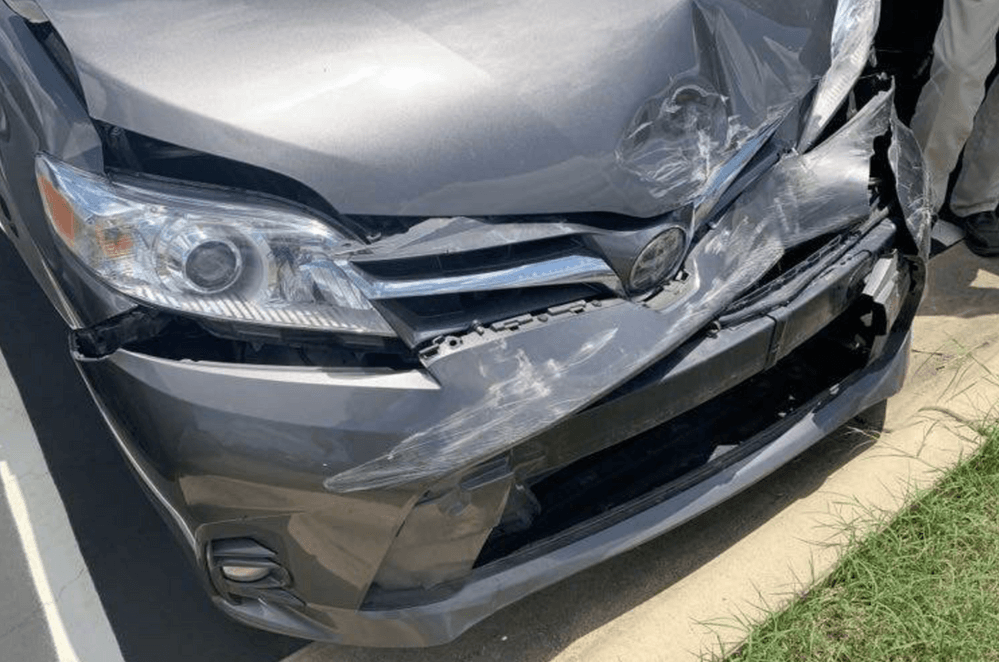
A client recently called DVAC. His 2021 Toyota Sienna with only 4387 miles on the clock was rear ended and totaled. He used his own coverage so that he would have his own insurance company looking after his interests. Unfortunately some insurance companies are better than others. You are not always in “good hands”. His insurance company came up with an ACV settlement that was absurd, less than $42k.
DVAC was retained to do a Total Loss Settlement at this juncture. The Appraisal Clause was invoked. We utilized vAuto giving us a 30 day running average of actual sales data, nationwide matching our client’s VIN #. Auto includes: (JD Power/NADA, Kelly Blue Book, Private Sales, Black Book and MMR Auction). DVAC’s report also included values local zip code sales within 150 mile radius. The ACV at the time of his accident was actually $50k. Our ACV number was not an opinion, it was accurate and fact based. The claim was settled post haste for $49,878, over $8k more than was originally offered. It pays to have a licensed professional in your corner. Always check Google Reviews before doing a Diminished Value or Total Loss Settlement.



